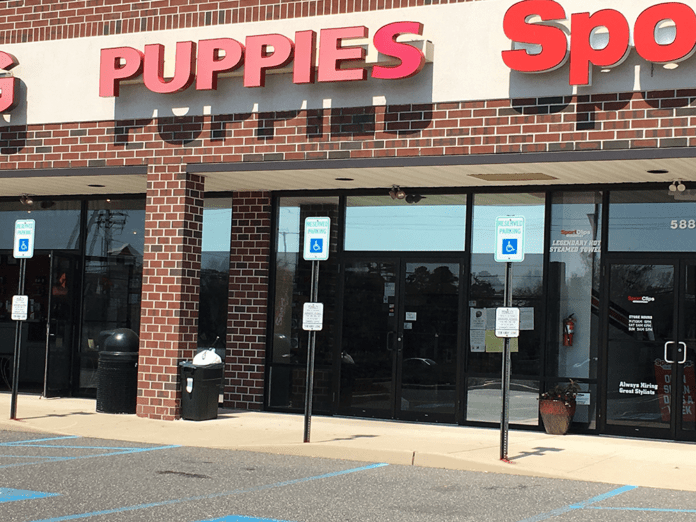
BRICK – A proposed change to an existing ordinance that outlaws so-called “puppy mills” in town would now also apply to pet stores that were “grandfathered in” under the 2012 ordinance.
The 2012 ordinance currently prohibits irresponsible breeders who are commonly referred to as “puppy mills” or “kitten factories” from existing in Brick, which was amended from an even earlier ordinance that placed limits on the number of puppies private breeders could produce and sell.
This new amendment would remove the protections that come from being grandfathered in, making it so that no store in Brick could get their pets from puppy mills. Breeders Association of America at 588 Route 70 is the only pet store in Brick grandfathered in under the current ordinance.
The change comes on the heels of the death of a dog a few days after it was purchased by a Brick family from Breeders Association. The puppy died from canine parvovirus, a highly contagious viral disease that can produce a life-threatening illness.
The store has since been under quarantine by the Ocean County Health Department. Store management did not return a request for comment on this story.
While there is no direct evidence that any animal in Brick arrived from puppy mills, the ordinance without the amendment allows for that to be a possibility, said Councilwoman and dog owner Lisa Crate.
“I understand that by changing this ordinance we are not eliminating puppy mills from the world in general, but we are at the very least taking away the possibility of the sale of such puppies within our own town,” she said. “If the supply is cut off, the demand will follow.”
Crate said that people could still purchase purebred dogs from reputable breeders and animal rescue groups that deal with specific breeds.
She said the administration supports small business owners and wants small businesses to thrive.
“I truly believe that with this ordinance we are giving this business a chance to enhance their strengths rather than diminish their pocketbooks,” she said at the April 11 council meeting.
“There are different, better ways to make money off of pets. People spend 14 times more money on food alone than they do on the actual purchase of a pet,” Crate said. “The sale of pets generates the least amount of money.”
Crate said that some $66 billion was spent on pets in 2016, with the bulk – $28 billion – spent on pet food.
Also, $15.9 billion was spent on veterinary care, $14.7 billion on supplies, $5.7 billion on rooming and boarding, and the smallest amount – $2.1 billion – was spent on live animal purchases, she said.
 “In my opinion, you have a greater chance of getting a better quality dog from the actual breeder than you would from a pet store,” she said. “My personal opinion is that in a pet store you are getting the lowest common denominator of purebred for some of the highest prices.”
“In my opinion, you have a greater chance of getting a better quality dog from the actual breeder than you would from a pet store,” she said. “My personal opinion is that in a pet store you are getting the lowest common denominator of purebred for some of the highest prices.”
During public comment, Dr. Adam Christman, a veterinarian from Brick Town Veterinary Hospital, thanked Crate for her comments.
He said that he and his staff do everything they can to prevent infectious diseases from spreading between the animals and between animals and humans.
“Pet stores aren’t the way to go – what we see all the time is impulse buying. There are no price tags [on the animals]. I’ve seen dogs that were purchased for $7,000, and people could have spent that on a whole lifetime of that pet’s health care,” Dr. Christman said.
Many of the animals purchased from puppy mills have problems such as parvovirus, which is completely preventable, he said.
“If we can do something as a community, and be that town and be that voice from Brick, you would set the tone for so many towns around the nation,” Dr. Christman said.
“You have no idea what you have the power to do for animals that don’t have that voice. People like us, we can make that change, and I can’t thank you enough for putting this on the agenda,” he said.
A second hearing and public comment on the amended ordinance will be at the next council meeting on April 25 at 7 p.m. in Town Hall.






